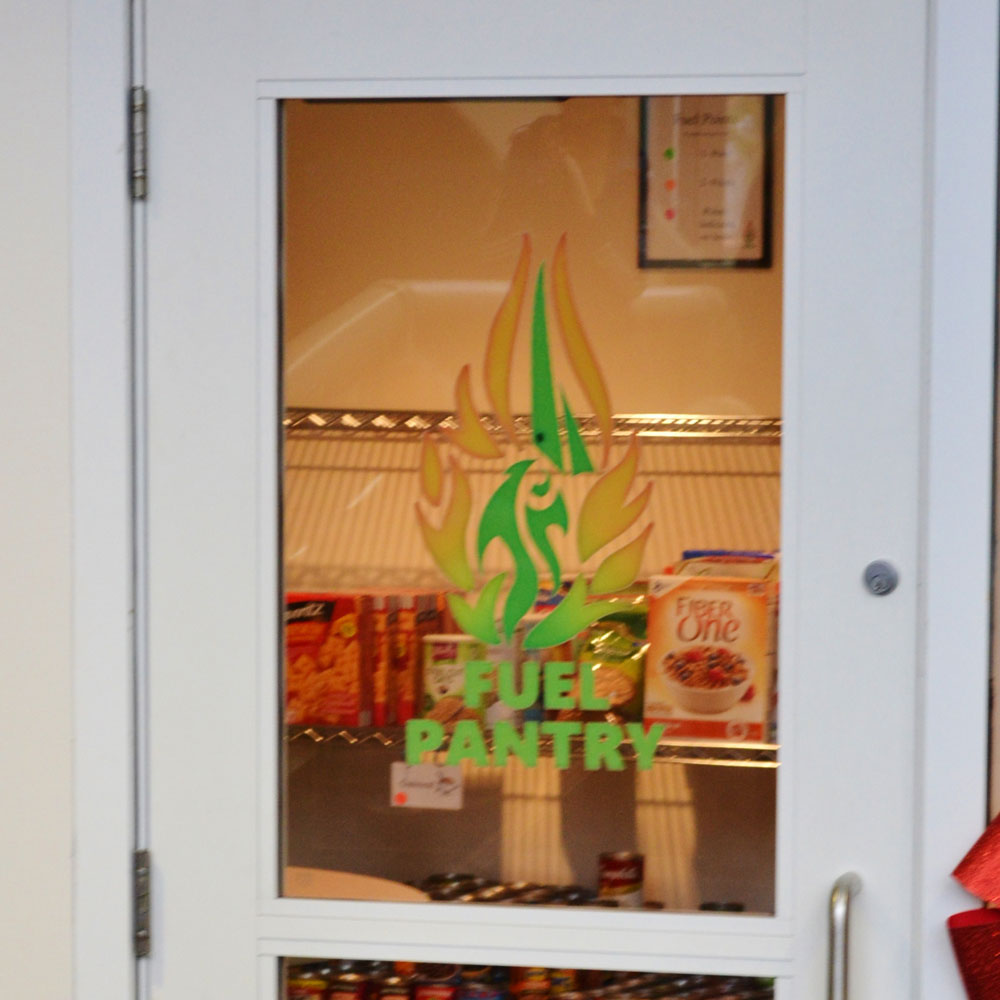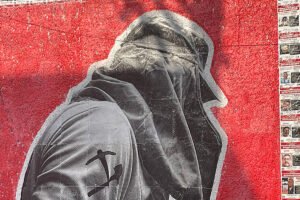
September 10, 2019; New York Times
Today, Anthony Abraham Jack is an assistant professor at the Harvard Graduate School of Education. But when he was a student at Amherst College, he was frequently food-insecure, fearful of vacations (no dorm meals during spring break), and, on top of that, was trying to financially support family members back home.
During his junior year, when he was holding down four jobs, he was panicked to learn his financial aid office wanted to cut back on his work hours just as his family in Florida was dealing with recovery from Hurricanes Katrina and Wilma. He recalls of this time, “In truth, I was really just pushing through; I became a robot, hyper-scheduled and mechanical in my interactions.”
Although Jack earned his bachelor’s degree a decade ago and completed his PhD in 2016, this experience of feeling like an outsider even after making it still fuels much of his work. Jack prevailed despite the obstacles, but too many students like him are unable to do so.
Earlier this year, Jack published The Privileged Poor, which explores the challenges that low-income students face making it in college from a sociological perspective. He also teaches a class called “C.R.E.A.M.” (named for a Wu-Tang Clan song that stands for “Cash Rules Everything Around Me”) that explores how inequality shapes different aspects of the college experience, from admission to career destinations.
What can be done? To start, Jack recommends that universities hire more teaching staff and administrators with diverse backgrounds. He also emphasizes the institutional value of climate and exit surveys, which can “take the pulse of the community and reveal blind spots among administrators, faculty, and staff.” In addition, he asserts that training sessions on institutional bias and partnerships between universities and student groups can serve to “keep lines of communication open.”
Sign up for our free newsletters
Subscribe to NPQ's newsletters to have our top stories delivered directly to your inbox.
By signing up, you agree to our privacy policy and terms of use, and to receive messages from NPQ and our partners.
Jack cites many institutions that have taken active steps to address student food insecurity— including Connecticut College, Smith College, Bunker Hill Community College, Appalachian State University, and Columbia University, as well as the nonprofit Swipe Out Hunger, which works with over 80 campuses nationwide. Sara Goldrick-Rab has also been an advocate, working on campuses in Wisconsin and most recently at Temple University’s Hope Center in Philadelphia.
A 2018 report by the Lumina Foundation entitled Beyond Financial Aid provides a look at the challenges of low-income college students along with strategies that universities can use to build internal and external supports to optimize student success.
Among the findings:
- Eleven percent of students living below the poverty level graduate within six years.
- Thirty-eight percent of students with additional work, financial, or family obligations leave college within their first year.
- Fifty-three percent of student parents leave college without a college degree
- High-performing low-income students are less likely to graduate than their low-performing but high-income peers.
The Lumina report also includes an appendix of “campus based exemplars for serving low-income students,” including Northampton Community College, Seminole State College, the nonprofit Working Students Support Network, and Northeast Wisconsin Technical College.
Recalling his own struggle, Jack is upfront about the fact that he understood that asking for help “was how you got what you needed.” He notes, “I eventually lobbied Tony Marx, then the president of Amherst, to provide support during spring break, which he agreed to in my junior year.” The question that remains is how to ensure this kind of “deeply human touch” is the rule rather than the exception.—Anne Eigeman











